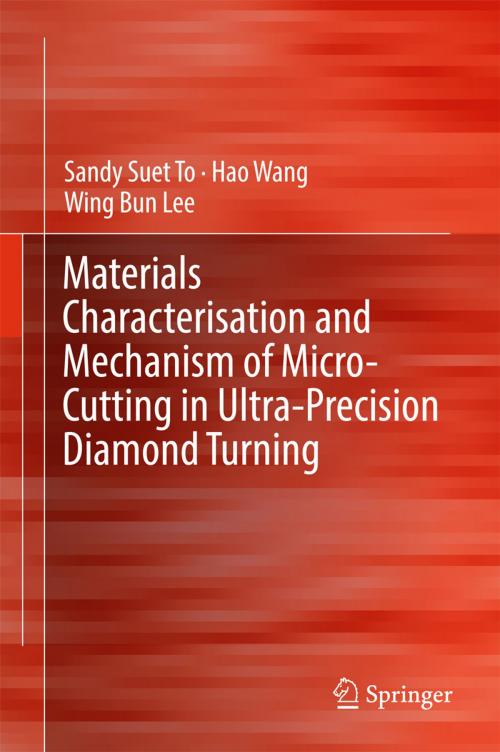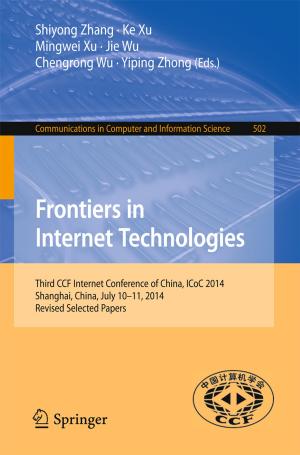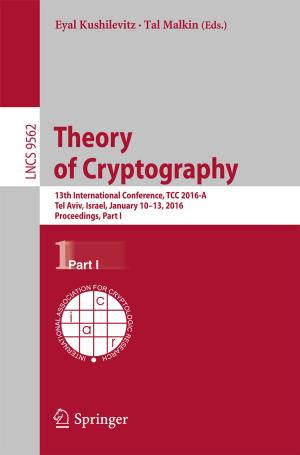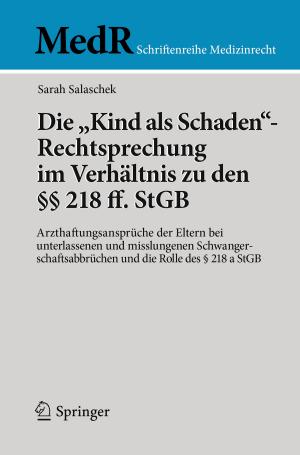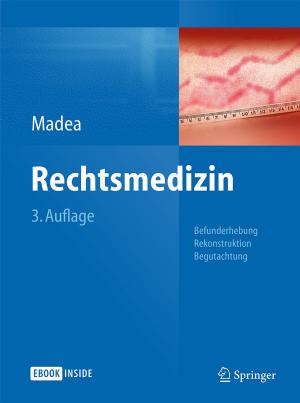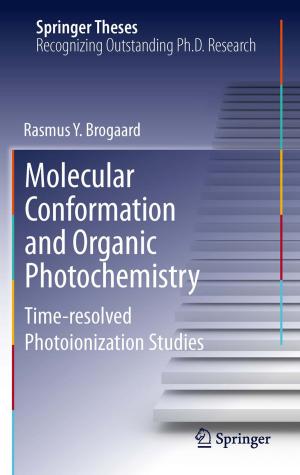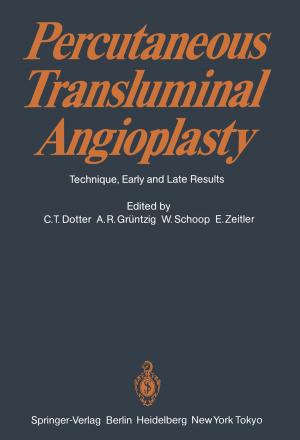Materials Characterisation and Mechanism of Micro-Cutting in Ultra-Precision Diamond Turning
Nonfiction, Science & Nature, Technology, Material Science, Manufacturing| Author: | Wing Bing Lee, Sandy Suet To, Hao Wang | ISBN: | 9783662548233 |
| Publisher: | Springer Berlin Heidelberg | Publication: | May 23, 2017 |
| Imprint: | Springer | Language: | English |
| Author: | Wing Bing Lee, Sandy Suet To, Hao Wang |
| ISBN: | 9783662548233 |
| Publisher: | Springer Berlin Heidelberg |
| Publication: | May 23, 2017 |
| Imprint: | Springer |
| Language: | English |
This book presents an in-depth study and elucidation on the mechanisms of the micro-cutting process, with particular emphasis and a novel viewpoint on materials characterization and its influences on ultra-precision machining. Ultra-precision single point diamond turning is a key technology in the manufacture of mechanical, optical and opto-electronics components with a surface roughness of a few nanometers and form accuracy in the sub-micrometric range.
In the context of subtractive manufacturing, ultra-precision diamond turning is based on the pillars of materials science, machine tools, modeling and simulation technologies, etc., making the study of such machining processes intrinsically interdisciplinary. However, in contrast to the substantial advances that have been achieved in machine design, laser metrology and control systems, relatively little research has been conducted on the material behavior and its effects on surface finish, such as the material anisotropy of crystalline materials. The feature of the significantly reduced depth of cut on the order of a few micrometers or less, which is much smaller than the average grain size of work-piece materials, unavoidably means that conventional metal cutting theories can only be of limited value in the investigation of the mechanisms at work in micro-cutting processes in ultra-precision diamond turning.
This book presents an in-depth study and elucidation on the mechanisms of the micro-cutting process, with particular emphasis and a novel viewpoint on materials characterization and its influences on ultra-precision machining. Ultra-precision single point diamond turning is a key technology in the manufacture of mechanical, optical and opto-electronics components with a surface roughness of a few nanometers and form accuracy in the sub-micrometric range.
In the context of subtractive manufacturing, ultra-precision diamond turning is based on the pillars of materials science, machine tools, modeling and simulation technologies, etc., making the study of such machining processes intrinsically interdisciplinary. However, in contrast to the substantial advances that have been achieved in machine design, laser metrology and control systems, relatively little research has been conducted on the material behavior and its effects on surface finish, such as the material anisotropy of crystalline materials. The feature of the significantly reduced depth of cut on the order of a few micrometers or less, which is much smaller than the average grain size of work-piece materials, unavoidably means that conventional metal cutting theories can only be of limited value in the investigation of the mechanisms at work in micro-cutting processes in ultra-precision diamond turning.
